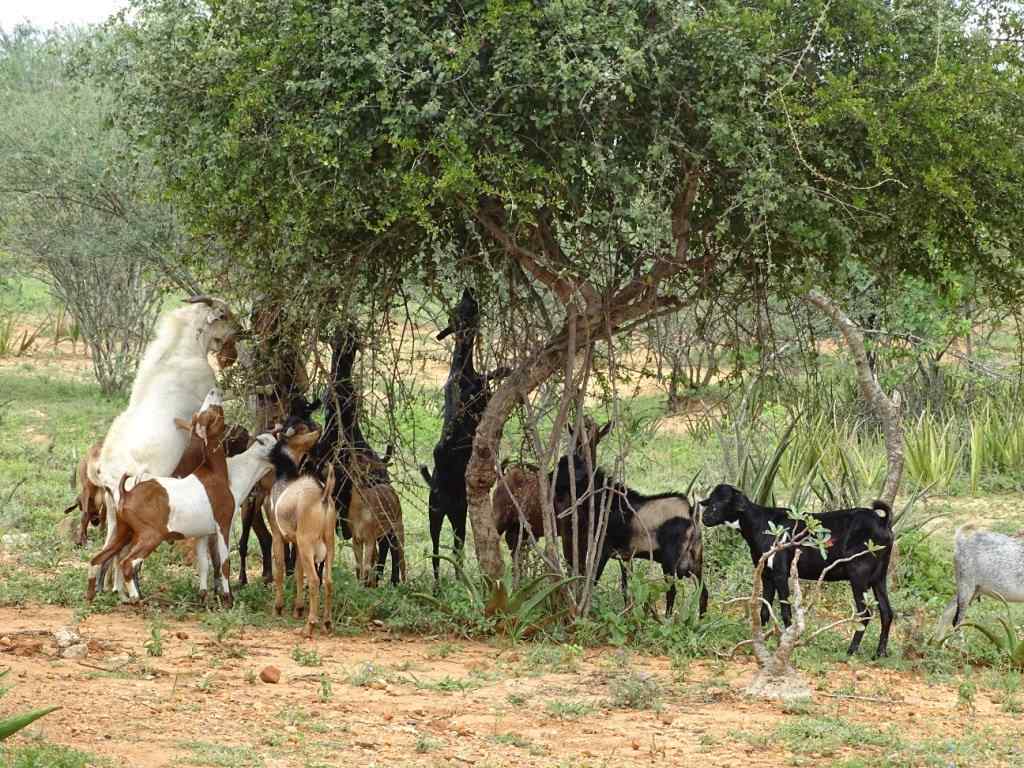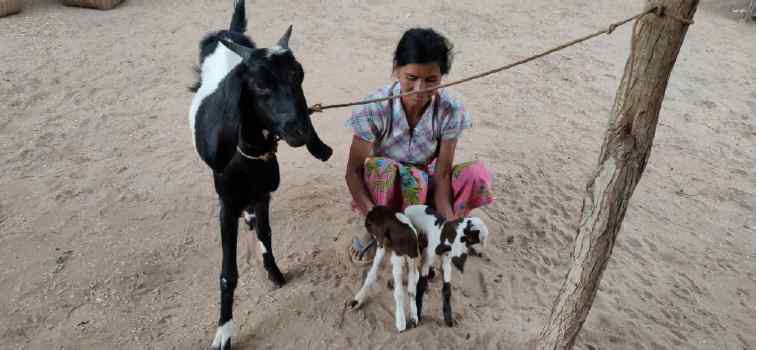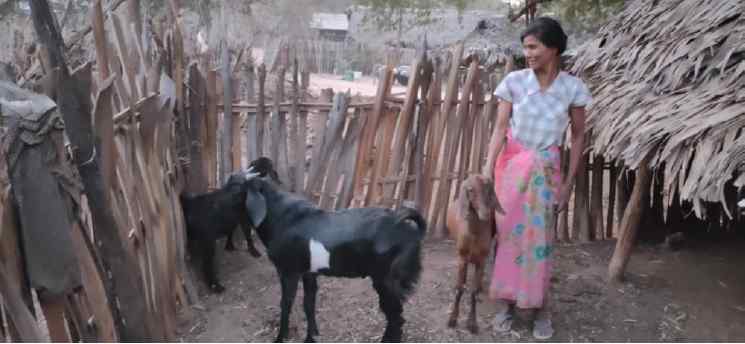Over the past decade, Myanmar has undergone a significant transition from historical authoritarianism, seclusion, and conflicts. The recent liberalization and economic reforms have resulted in rapid growth, FDI expansion, a significant reduction in poverty (poverty was reduced by 24.8% between 2005 and 2017), and remarkable improvements in social welfare. Many challenges remain, however, with Myanmar ranking only 171 out of 190 on the World Bank’s index for the ease of doing business. Electricity shortages, underdeveloped infrastructure, and problematic institutions continue to block opportunities for foreign investment.
About Myanmar
More
How widespread rural poverty should be appropriately addressed remains a critical development issue. Rural poverty in Myanmar is the result of a series of factors, such as limited farm resources, poor output sold at low prices, and inadequate access to credit and capital. Restricted availability of electricity, safe drinking water, and sanitation facilities are some of the features of rural life that need to be urgently addressed. Additionally, the country’s greater vulnerability to various natural disasters, exacerbated by climate change, exposes disadvantaged rural populations to greater risks.
Despite a newly affirmed commitment to Universal Health Coverage, Myanmar continues to rank among the worst healthcare systems in the world. Low public health spending increases the financial burden of medical treatment for impoverished populations. By contrast, education has been a central reform agenda item and receives an enlarged budget. Promisingly high literacy rate, significant progress in gender equality, and a rise in high school enrollment rate all reflect the high potential for a strong education system that supports the growth of the nation.
Our Impact
IIRR’s impact in Myanmar over the years
5000
35
2012
10
Story from the field
Climate-Smart Agriculture
Through our Climate-Smart Agriculture and Community-based adaptation project in Myanmar, IIRR collaborates with development partners to deliver climate-resilient options that will protect and benefit rural communities

Daw Ngwe Po from the Myanmar dry zone participated in small-scale homestead goat rearing. This is one of the many options for building climate resilience in the Myanmar dry zone implemented by IIRR and its local NGO partner Community Development Association. She received 2 goats on 19 February 2019 to support her household.
Goats are promising livestock in the dry zone. Raising goats does not require a lot of water compared to other small livestock and feeds can be grown in homesteads. Farmers can also grow legume fodder crops that can enrich the soil and the greens can be harvested to feed the goats. Goats multiply fast and they provide meat to supply protein to the village.
After 10 months of receiving goats from the project, Daw Ngwe Po owns a total of 6 goats including 4 newborns. She can now manage her own business and not rely solely on farming which is affected by long dry seasons. She also participated in training programs such as proper feeding and caring for the goats that IIRR provided. She is actively participating in the village meetings where she shares her experience and lessons learned to other participants. Daw Ngwe Po hopes that she will own 15-20 goats in the next year, under her proper care and management.
”I am the head of our family and we are farmers. Farming is also very difficult now because of the long dry season and rain is very limited. My family has no choice but to work outside the village as a wage laborer. This is why I am very happy that I was selected to receive goats so that I will no longer depend on farming. Goats are very good animals to keep here in our village.
Daw Ngwe Po


Want to know more?
Explore our Climate Smart Villages (CSV) Project in Myanmar



